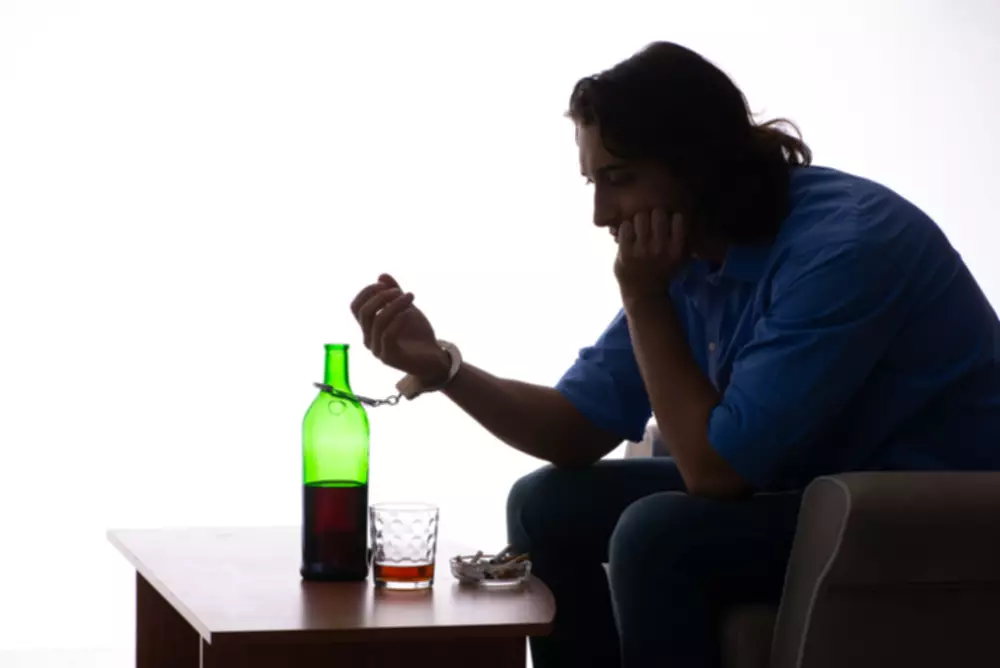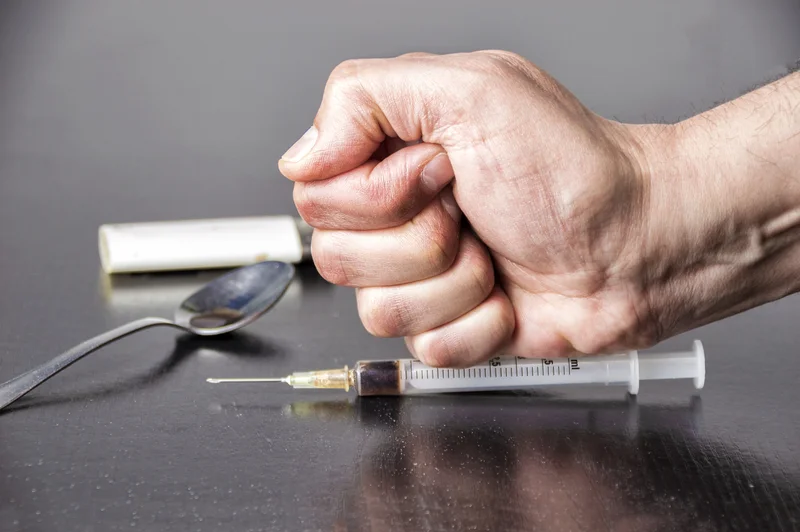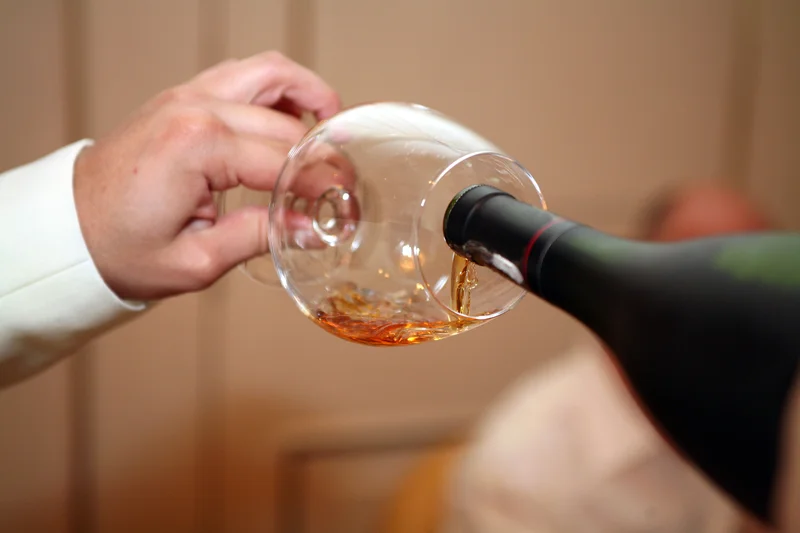
A review of PTSD andalcohol abusestatistics indicate that nearly 28 percent of women diagnosed with PTSD report concerns about alcohol abuse and dependence. Nearly 52 percent of men diagnosed with PTSD report similar problems.The National Center for PTSDestimates as many as 75 percent of trauma survivors experience an alcohol use disorder. Interventions for couples show promise for treating co-occurring PTSD and AUD. Eight of the veterans showed clinically reliable reductions in PTSD outcomes after treatment.
- Consuming alcohol may temporarily reduce anxiety, but it ultimately reinforces avoidance behaviors and prevents individuals from seeking appropriate treatment for their PTSD.
- While alcohol might help someone fall asleep at first, it disrupts sleep later, causing people to wake up during the night.
- Alcohol and substance use disorders add an extra layer of complications, as these individuals may experience withdrawal symptoms, increased irritability, and mood swings.
- We’ve also included some helpful information on how to get help for PTSD and alcohol abuse.
- While combat veterans are at high risk, survivors of accidents, natural disasters, and sexual assault are also at risk for developing PTSD.
- Unfortunately, self-medicating with alcohol or other drugs can worsen both PTSD symptoms and overall health, leading to a cycle of addiction that is difficult to break.
- This rebound effect can lead to a vicious cycle where individuals drink more frequently and in larger quantities to manage their worsening symptoms.
Thyroid Problems and Emotional Trauma: Exploring the Hidden Link

Taylor, who entered the in-patient facility shortly after announcing his separation from his estranged wife Brittany Cartwright, also said ptsd and alcohol abuse that he knew Bravo fans “could kind of tell” he had substance abuse issues. Learn effective ways of talking to family about your addiction and rebuild trust for a healthier recovery journey. Unveil the complex web of risk factors for addiction and learn how to break the cycle today. Explore if relapsing is a part of recovery and discover strategies to prevent addiction relapse.
- Reframe supports you in reducing alcohol consumption and enhancing your well-being.
- EA women were found to be more likely than their AA counterparts to use alcohol and to develop AUD.
What types of therapies are included in alcohol treatment for those with traumatic stress?
While alcohol may offer short-term relief from the emotional toll of PTSD, it ultimately worsens the condition and leads to further addiction. Early intervention, professional treatment, and strong support systems are critical in breaking this cycle. By seeking healthier coping mechanisms and understanding the dangers of alcohol abuse, individuals with PTSD can begin the journey toward recovery and emotional wellness. It is important for individuals with PTSD and alcohol abuse to seek comprehensive treatment that addresses both conditions simultaneously. Integrated treatment approaches, such as cognitive-behavioral therapy and trauma-focused therapy, can help individuals develop healthier coping mechanisms and address the underlying issues contributing to their PTSD and alcohol abuse.

Empowering Your Mental Health Journey
In contrast to this viewpoint, the disease model of addiction defines it as a chronic brain disease, primarily influenced by neurochemical changes. This model specializes in understanding the brain’s reward pathways and how they hijack the sense of pleasure. However, incorporating the spiritual perspective allows for a more comprehensive approach to treatment. The spiritual underpinnings of AA promote not only personal recovery but also the development of a supportive community, reinforcing the importance of connection in fostering recoveries that last.
Impact of Short-Term Rehabilitation for Addiction
Unveil the power of movies about addiction and recovery, offering hope and understanding for those seeking redemption. Explore the effects of Suboxone on people who use Fentanyl, from treatment efficacy to future perspectives. Explore the types of psychotherapy and find the right treatment approach for mental well-being and healing. Discover why rich people do drugs, exploring the complexities and paradoxes of wealth and addiction.
Anxiety and Addiction
Many inpatient and outpatient drug rehabs use CBT to treat addiction, as well. Clinics specializing in PTSD and addiction can coordinate CBT treatment plans for both disorders. Nearly three-quarters of those surviving violent or abusive trauma report alcohol use disorders. Drug treatment options are an evidence-based supplement to therapy, but neither Alcoholics Anonymous of these work on their own. Common drugs prescribed to treat PTSD include antidepressants, anxiolytics, and antipsychotics. Evidence suggests particularly strong benefits from sertraline (Zoloft), paroxetine (Paxil), and venlafaxine (Effexor).

